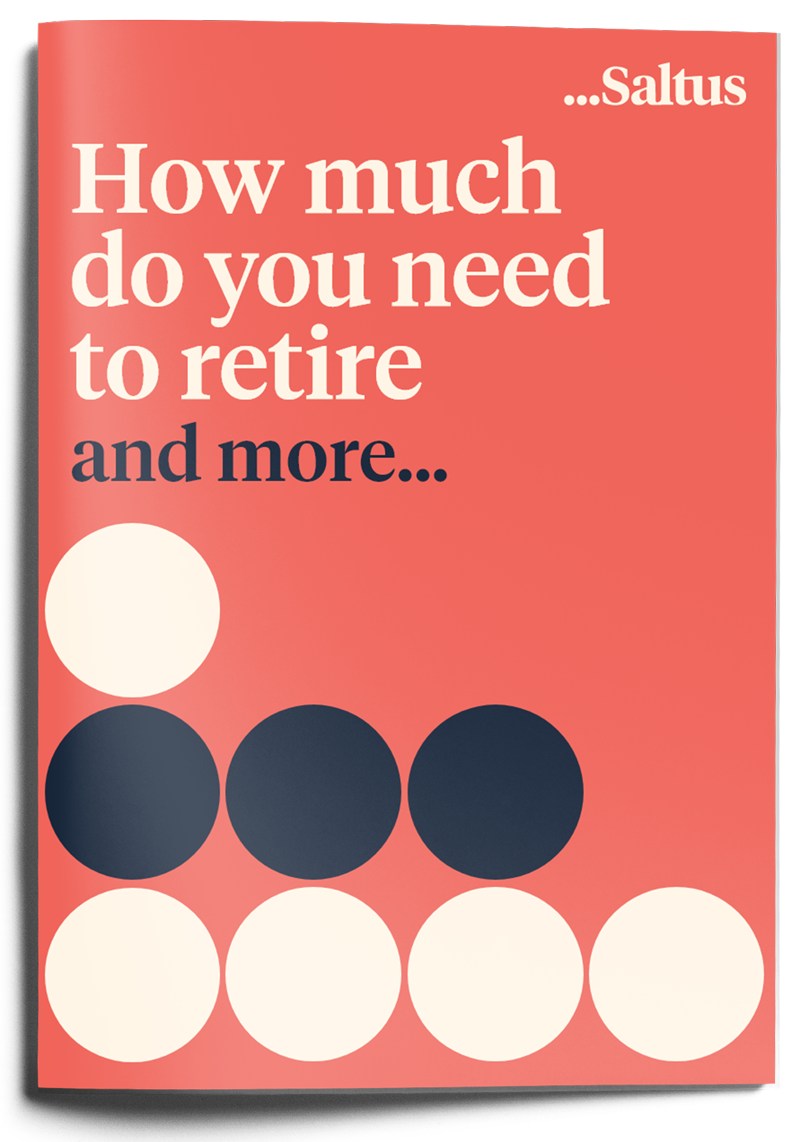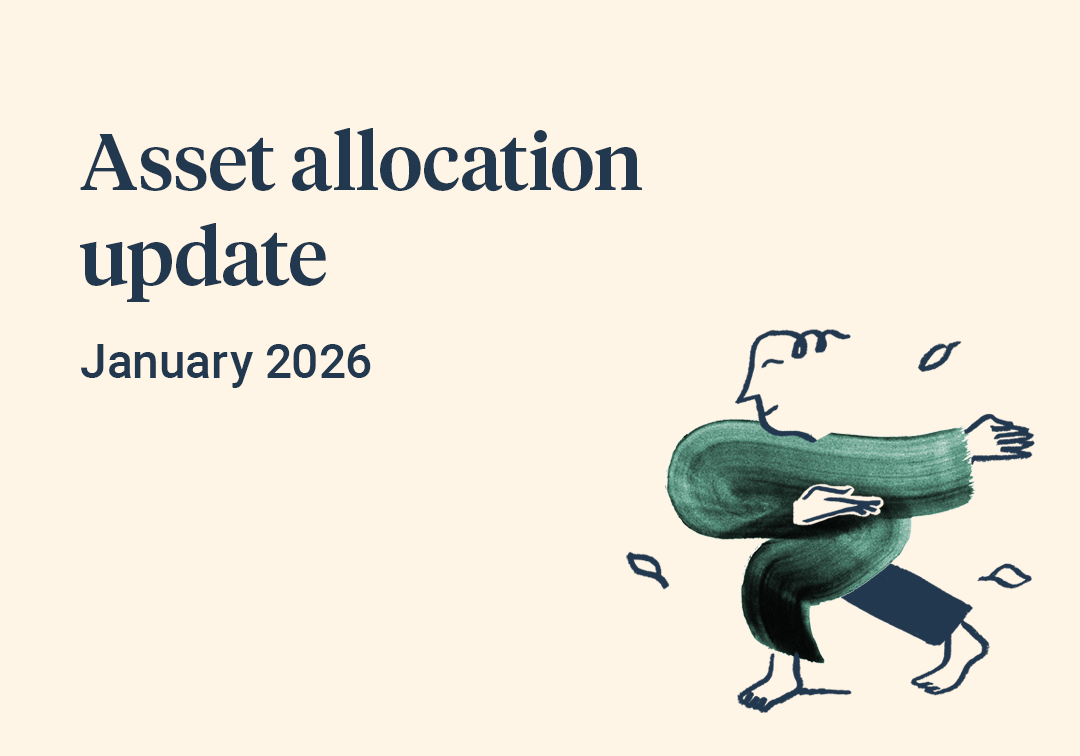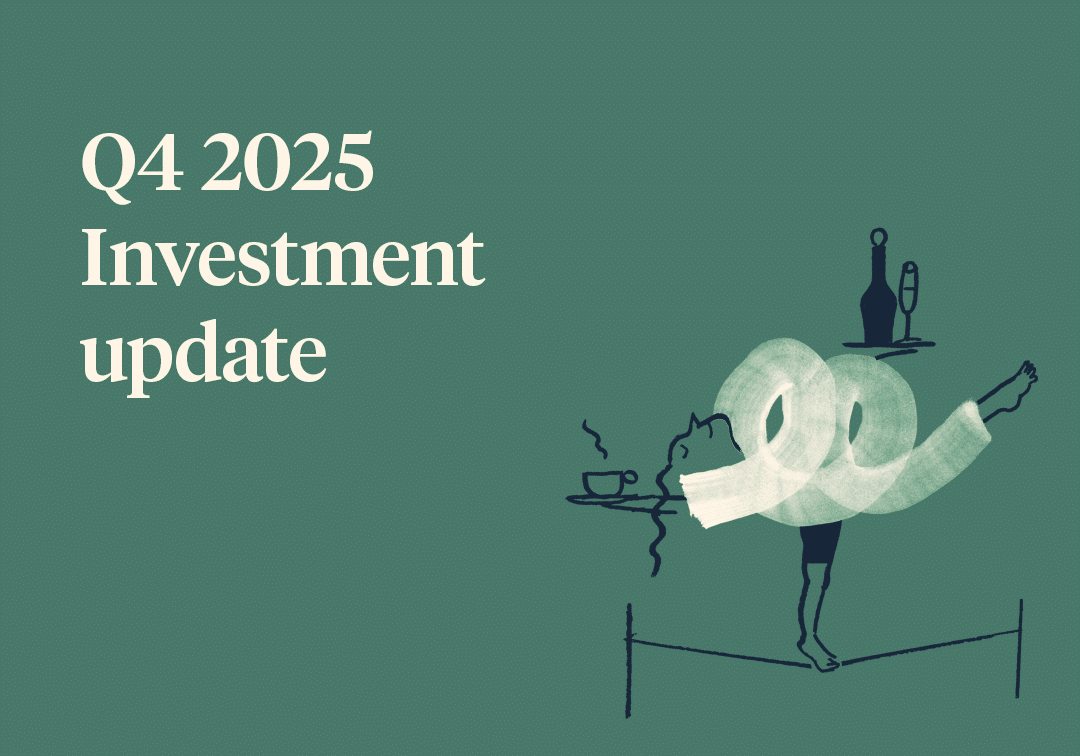When it comes to building wealth, individuals often find themselves at a crossroad in the quest for financial diversification, stability, and growth. The two main areas that are at the forefront of this age-old debate is whether to invest in property or in an investment portfolio.
Both avenues offer promising and enticing opportunities for wealth accumulation. Understanding the dynamics of both is paramount. This article aims to dissect the costs involved and how to better maximise the tax position.
The ongoing debate
Historically, property has been considered a stable investment that has been a preference of investors due to it being a tangible asset, as opposed to an investment portfolio which has been regarded as more complex and carrying a greater risk.
It seems, however, in recent years there has been a change in mindset following many people underestimating the work and expenses associated with property investment, as well as the constant changes to its tax status.
Whilst both avenues can provide long-term capital appreciation prospects, utilising an investment portfolio has historically delivered higher average returns.





